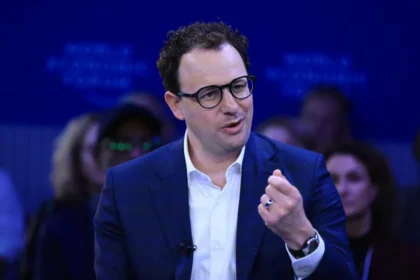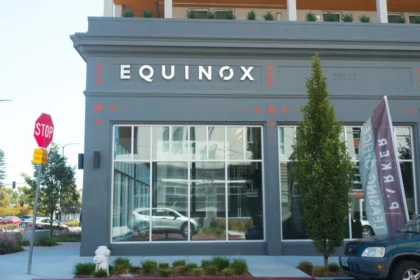In the global race to secure elite artificial intelligence (AI) talent, companies are learning that money alone isn’t always enough. Despite headlines about tech giants offering compensation packages that soar into the tens—or even hundreds—of millions, some top AI researchers and engineers are still saying “no.” Their reasons reveal critical lessons for any organization trying to hold on to its best people.
The Fierce AI Talent War
AI has quickly become the crown jewel of technology investment, with corporations, startups, and even governments competing to lure a limited pool of experts. Leading engineers and researchers command unprecedented salaries, often rivaling the earnings of hedge fund managers or professional athletes.
But as eye-popping as these figures sound, many candidates are walking away. Why? Because the competition is no longer about just who pays the most—it’s about who offers the most compelling overall environment.
Culture Over Compensation
One of the strongest reasons top performers decline massive offers is workplace culture. Talented engineers want to work in environments that are collaborative, innovative, and aligned with their personal values.
“An extra $20 million doesn’t mean much if you dread logging in every day,” explained a senior AI researcher who declined a high-paying offer to stay with his current team. “What matters more is whether you feel empowered, respected, and excited about the work you’re doing.”
In many cases, employees value leaders who prioritize creativity, avoid bureaucratic bottlenecks, and foster psychological safety—conditions that make groundbreaking work possible.
Mission Matters
For elite talent, the mission of the company is often a deciding factor. Many want their work to have meaning, whether that’s advancing scientific discovery, improving healthcare outcomes, or ensuring AI is developed responsibly.
Startups, in particular, can appeal to this drive by offering a sense of purpose that might be harder to find in sprawling corporations. Conversely, even deep-pocketed tech giants are learning that mission alignment can tip the balance in their favor.
The Power of Strong Teams
Top performers also care deeply about who they work with. Being part of a brilliant, motivated, and supportive team is often a stronger motivator than an outsized paycheck. For many, the chance to collaborate with respected colleagues and mentors is worth more than financial compensation.
“AI is a team sport,” said one executive recruiter. “The brightest individuals want to be surrounded by peers who challenge them, elevate their work, and share their passion. No amount of money can make up for a toxic or uninspiring team.”
Compensation Still Counts
Of course, money isn’t irrelevant. High salaries remain a powerful incentive, and few companies can afford to ignore market benchmarks. But even in this arms race, compensation functions more as a baseline requirement than the ultimate differentiator. Once salaries reach a certain threshold, other factors—culture, mission, and team—carry more weight.
Some firms are adopting creative compensation models, such as equity packages, profit-sharing, and milestone bonuses, to tie financial rewards to long-term success. This approach not only attracts talent but also aligns incentives with company growth.
Lessons for Employers
The AI talent war highlights broader truths about employee retention that extend far beyond the tech sector:
- Build a Culture People Love: Employees who feel supported and engaged are less likely to jump ship.
- Offer a Mission With Meaning: Top performers want their work to matter beyond quarterly earnings.
- Invest in Teams: Strong peer networks and effective leadership make staying more attractive than leaving.
- Balance Pay With Purpose: Compensation should be competitive but integrated with a bigger value proposition.
Conclusion
The story of AI experts turning down $100 million job offers may seem surprising, but it underscores an important shift in the modern workforce: the best employees are looking for more than money. They want workplaces that inspire, missions that matter, and teams they can trust.
For companies across every industry, the lesson is clear: keeping top performers isn’t about winning a bidding war—it’s about creating an environment where people don’t want to leave in the first place.







